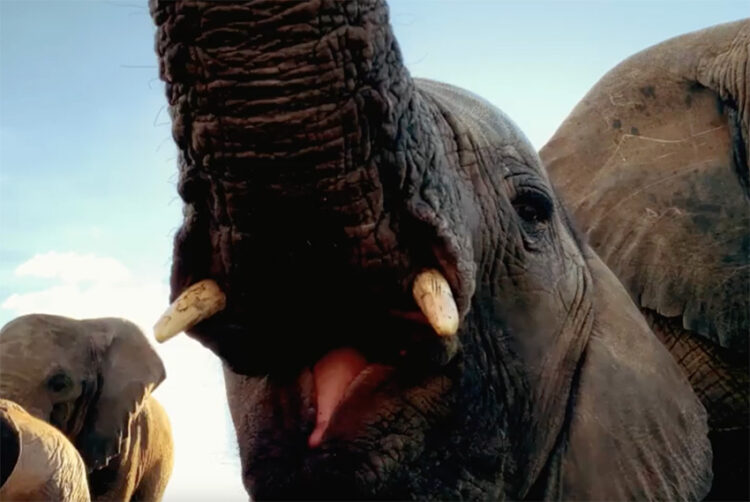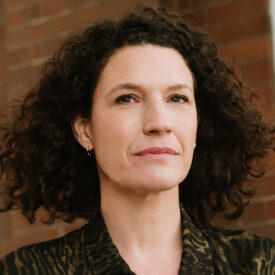Cannes 2025 reflections: Don’t throw the effectiveness baby out with the bathwater


Opinion
Amid the AI hype, one thing hasn’t changed: clients want growth. Let’s remember the fundamental laws of advertising and marketing best practice have not changed.
Messy. That’s the title of the viral hit single by British singer-songwriter Lola Young, who spoke on the Palais stage at the Cannes Lions last week.
It also sums up the swirling headlines and conversations around effectiveness at Cannes. One client who usually fires daily learnings back to his team said this year he needed to wait a few days for the mental dust to settle.
With AI dominating every conversation, it was harder than ever to sort signal from noise. Yes, AI is transforming marketing, fuelling richer consumer insights, smarter targeting, personalised content and democratised creativity.
But, amid the hype, one thing hasn’t changed: clients want growth. And the smartest ones are embracing an AI-powered future while remembering that the fundamental laws of advertising and marketing best practice have not changed.
In among clickbait talk titles like “Is creativity dead in the age of AI?” and snake-oil sellers promising the next silver bullet, a few foundational truths stood out.
Consistency pays
This year’s Grand Prix for Creative Effectiveness went to TBWA\Media Arts Lab Los Angeles for its iconic “Shot on iPhone” campaign. Andrea Diquez, global CEO of Gut and jury president, praised its ability to “democratise creativity, transforming everyday moments into art”.
It was stunning, effective and flexible. But what clinched the prize was its longevity. “Shot on iPhone” is 10 years old. In a world of short-term pressure, a decade-long platform has built dominance for Apple’s iPhone and proved that long-term consistency works.
While Dove won the Media Grand Prix for championing “Real Beauty” in the age of AI, it was the brand’s “absolute consistency” that earned it a Creative Strategy gong, noted by jury president and Dentsu Creative global chief strategy officer Pats McDonald.
The “Real Beauty” platform, started in 2004, is now a $7.5bn brand spanning seven categories and among the top 10 most powerful brands globally.
Emotion powers profit
Sitting in Mark Ritson’s session for the Marketing Academy felt like a throwback. Emotional creativity? It sounded almost quaint amid all the AI chatter.
But facts don’t lie. In a study of thousands of System1 ads and Effies entrants, emotional ads consistently delivered greater profit.
The best marketers in Cannes haven’t forgotten that behind every AI-powered dataset is a human with hopes, dreams and emotions. The object of any advertising and marketing spend is to influence a buying decision. To earn a consumer decision online or offline about what to choose and spend their increasingly hard-earned and limited cash on.
Dove takes Media Lion Grand Prix for ‘Refined for the AI Era’
Brand drives growth
A clear Cannes message: consumers are about to be drenched in content.
AI-driven production is slashing costs and fuelling a surge in personalised output. Some call it “a sea of slop”; others “democratised creativity”. Either way, brand now plays a vital role in making all this content not just high-volume but highly effective.
With brands showing up in more places than ever, the risk of fragmentation and dissipation is real. Defining and applying distinctive assets consistently is more critical than ever. It’s not new news, but Ritson echoed this too.
And while pressure for short-term results grows, the IPA’s data (with Tracksuit) shows that Les Binet and Peter Field’s The Long and the Short of It still holds true for today’s scale-ups. Early brand investment is critical. Those that balance 60:40 between brand-building (“future demand”) and sales activation (“current demand”) see better long-term growth and profit.
News, analysis, comment and community — Join The Media Leader
This reflects what we hear from clients at TwentyFirstCenturyBrand. Brand is one of the last true moats. New feature sets from AI can wipe out product differences overnight and AI-generated content lowers the barrier to entry for disruptors. So brands need to get crystal clear on who and what they are and embrace brand as an operating system for the whole business, not just a logo.
While it’s easy to get caught up in the narrative that the entire industry is changing, the solid data at Cannes on what actually works reminded marketers that much remains the same.
AI will unlock a new era of innovation and growth, but only if we don’t throw the effectiveness baby out with the bathwater and instead build on what we know delivers results.
As marketers blend the proven with the new, things will inevitably get messy. Many are planning pockets of experimentation layered on top of tried-and-tested techniques. “Test and learn” will be the approach for many in 2025. To quote Young: “Is perfect something that exists or just something that we strive for?”
The smartest marketers know that, in a post-Cannes world full of possibility, delivering growth lies in combining timeless truths with brave new tests.
 Sara Tate is partner, transformation practice, at TwentyFirstCenturyBrand
Sara Tate is partner, transformation practice, at TwentyFirstCenturyBrand




